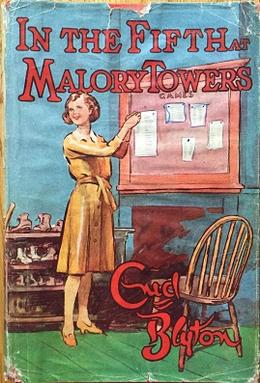 We don’t have to buy everything that Frege says about concepts to agree that using a concept expression F we can say things like ‘There are three Fs’ or ‘the number of Fs is n’. We can also say ‘There is at least one F’ which, according to Frege, is equivalent to ‘Fs exist’ or ‘there are Fs’. That seems uncontroversial.
We don’t have to buy everything that Frege says about concepts to agree that using a concept expression F we can say things like ‘There are three Fs’ or ‘the number of Fs is n’. We can also say ‘There is at least one F’ which, according to Frege, is equivalent to ‘Fs exist’ or ‘there are Fs’. That seems uncontroversial.
Therefore ‘girls over the age of 17 at Mallory Towers’ is a concept-expression. For we can say that there are three girls over the age of 17 at Mallory Towers, or that the number of girls over the age of 17 at Mallory Towers is three. And we can say that, since there is at least one girl over the age of 17 at Mallory Towers, that there are girls over the age of 17 at Mallory Towers.
But here’s the problem. If it is true that ‘girls over the age of 17 at Mallory Towers’ is the name for a concept, then such a concept is not a necessary being. For in a possible world where there is no such school as Mallory Towers, we cannot specify the content of the concept. The property of being a girl over the age of 17 at Mallory Towers cannot be specified without reference to the actual Mallory Towers.
But that seems impossible. In such a possible world, there are no girls at Mallory Towers, since the school doesn’t exist, hence there are no such girls over 17. Therefore the non-existence of such girls is the non-instantiation of the concept *girl over the age of 17 at Mallory Towers*, and so that concept, in that possible world, has the property of being non-instantiated. But in order to have that property, it must exist. Since this is any possible world, it follows that the concept must exist in every possible world, and so is a necessary being. Yet we just supposed that it wasn’t a necessary being. Contradiction.
2 comments:
O/T, but I thought you might like https://www.facebook.com/photo.php?fbid=10154033230736495&set=gm.878364112276001&type=3&theater
: plus )
Post a Comment